Refugees, homeland, class and gender awareness, disobedience and boycott. The Palestinian activist visited the Fira Literal in Barcelona.
Leila Khaled has not been back to her hometown, Haifa, since she was 4 and was forced, together with her family, to leave Palestine in 1948 (the year the State of Israel was created) to settle in the refugee camps in Lebanon. Aged 15 she joined the Establishment of the Arab Nationalist Movement, the predecessor of the Popular Front for the Liberation of Palestine (a left-wing secular political organisation).
In 1969 and 1970 she participated in the hijacking of two aeroplanes to draw international attention to the military occupation of Palestine. The first was a total success, whereas the second time, because of the intervention of the Israeli authorities, ended with her partner killed and she being arrested in London. She was later released through an exchange of prisoners and since then lives in exile. Today, Khaled continues to participate in the struggle of the Palestinian People through the Popular Front for the Liberation of Palestine, the Palestinian National Council and the General Union of Palestinian Women.
Not without media controversy and political impediments, Khaled was in Barcelona this week, invited to participate in the Fira Literal. Last Sunday, May 14th, the Fabra i Coats space in Sant Andreu welcomed the activist with 900 attendees eager to listen to her views on the conflict between Israel and Palestine. The Valencian journalist and documentary filmmaker David Segarra, author of the book Viure morir i nàixer a Gaza (Living, dying and being born in Gaza) (2014), engaged in a two-hour long conversation with Khaled, taking as a starting point her autobiography My People Shall Live: Autobiography of a Revolutionary (1973, re-edited in Catalan in 2016 by Tigre de paper) and international conflicts of today and yesterday.
Khaled thanked the city of Barcelona for condemning the Israeli apartheid, which has imprisoned 1,500 Palestinians in Israeli prisons. Some of them have been on a hunger strike for almost 30 days to protest against their deprivation of liberty for political reasons. Referring to the Nakba (the start of the Palestinian exodus after the State of Israel was established in 1948), Khaled says that “we (Palestinians) are a people that has suffered from the Zionist tsunami backed by colonialist powers that have robbed us and expelled us from our lands. They have left us orphans. That is why we have the duty to fight in order to live”.
According to the activist, “we were willing to share our bread, water and salt, but were punished and driven out of our land. Even if the State of Israel stops us from remembering our suffering, we shall never renounce to going back home”. Under the British mandate of Palestine, almost one million Arabs had do seek refuge in neighbouring countries such as Lebanon, Syria, Transjordan, Egypt and Iraq. Khaled says: “We Palestinians do not define people by their religion, but by their national identity”, to which she adds: “Zionist racism benefited from the crimes committed by Nazism during World War II and monopolized all the suffering. It takes no notice of the suffering caused to the Palestinian people with its repression. It has recruited religion for its political purposes”.
The interviewee remarked that the world has participated in this crime, by establishing the Jews in Palestine, and promoting hatred. “Our homeland impels us to make sacrifices to redress the historical oppression committed during 70 years.” She affirms that “we are not refugees who need tents, second-hand clothes, food… from the West. We aspire to return and regain freedom”. Before the catastrophe, according to Khaled, Palestine was a land of welcome, where your neighbours’ oranges weren’t prohibited. “Wherever we go, refugees always carry our homeland, Palestine, with us, deep in our hearts”.
Class and gender awareness, and training
Khaled learned to look at her surroundings with a new approach, thanks to a lesson her mother taught her, who made her see that she had school mates coming from rural areas of southern Lebanon who were in far worse conditions than her; she studied in a tent. “My mother always broke our pencils and erasers in two, to share with my brother. And living with one half had a vital repercussion in my life”.
The population of Palestinian refugees has a literacy rate of 98%, despite the precarious conditions and the bombings we suffer. It is a national mission. “The Palestinian People has reached decent literacy levels because the Nakba has guided our knowledge towards living a decent life”. “They will never make the Palestinian people ignorant; this is our best weapon”.
“I thank fate for three gifts: being born a woman, from a lower class, and an oppressed nation. And the dark azure of being three times rebel”, said Maria Mercè Marçal. A quote that Khaled fully identifies with. “Despite being poor and oppressed, I have the strength to be free and I am proud of being a woman”.
The struggle and the weapons
The death of the leader of the Cuban Revolution, Che Guevara, in 1967 had a huge impact on the followers of the Arab Nationalist Movement (ANM), who followed closely the news arriving from other countries under oppression from imperialist regimes. “I cried a lot when Che died, as if I’d lost a son”. The Cuban Revolution became a reference thanks to the impact on the freedom of any oppressed peoples.
“We needed to sound the alarm for the international community to become aware of the oppressive situation we were living in Palestine”, says Khaled, referring to her active participation in the hijacking of two aeroplanes, one in 1969 and another in 1970. “Until this day I remember an image that was unknown to me: seeing Palestine from the skies for the very first time”. The message to the world was clear: freedom for the Palestinian prisoners locked away in Israeli prisons. “The tactical operation was effective because we managed to get prisoners set free and to make the conflict known internationally”.
For Khaled, the Koran and the Torah say that whoever saves a life, saves humanity, but “history is written by the victorious, and everything is an interpretation. For me, whoever kills without justification is killing everyone”. “I have no hope in religion or in the monotheistic writings. What God are those killing in the name of Allah worshiping? Zionism has used religion to justify its presence in Palestine”.
Disobedience and freedom
Nelson Mandela had advised the Palestinian leader Yasser Arafat not to negotiate by stages, but in one full go, to avoid the apartheid. Arafat did not follow the advice of the South-African leader. This is what Khaled remembers when, in 2006, she met the first South-African leader elected by universal suffrage in the first non-racial national elections in the country’s history.
“Israel and the United States did not boycott the apartheid. Boycotting oppression must be a culture”. Khaled asks herself who hates and how hatred originates. “The ones occupying a land are the ones who hate. They kill our children in the streets while we fight to return back home. It is not a question of hatred or love; it’s the right to be the owners of our land. “Each People must know its history. Never forget Franco’s fascist dictatorship. Back then, taking up the arms was legitimate”. “Peoples have the right to fight against the tyrants for social justice and equality”.
“The State of Israel accuses anyone who criticises its oppressive policies of being anti-Semitic, and in doing so it continues to violate international conventions”. That is why the BDS (Boycott, Divestment and Sanctions) campaign was launched. Khaled addressed the BDS activists: “Do not fear; you are defending truth and legitimacy”. “The truth is that Zionism was declared as racism by the UN in 1975”.
The Palestine that Khaled dreams of
“We intend to live in dignity to give life a value”. Khaled foresees that, when Palestinians take power, “Jews and Palestinians will live in democracy, free of inequalities in rights and duties. The Socialist system is the fairest regime for all mankind”.
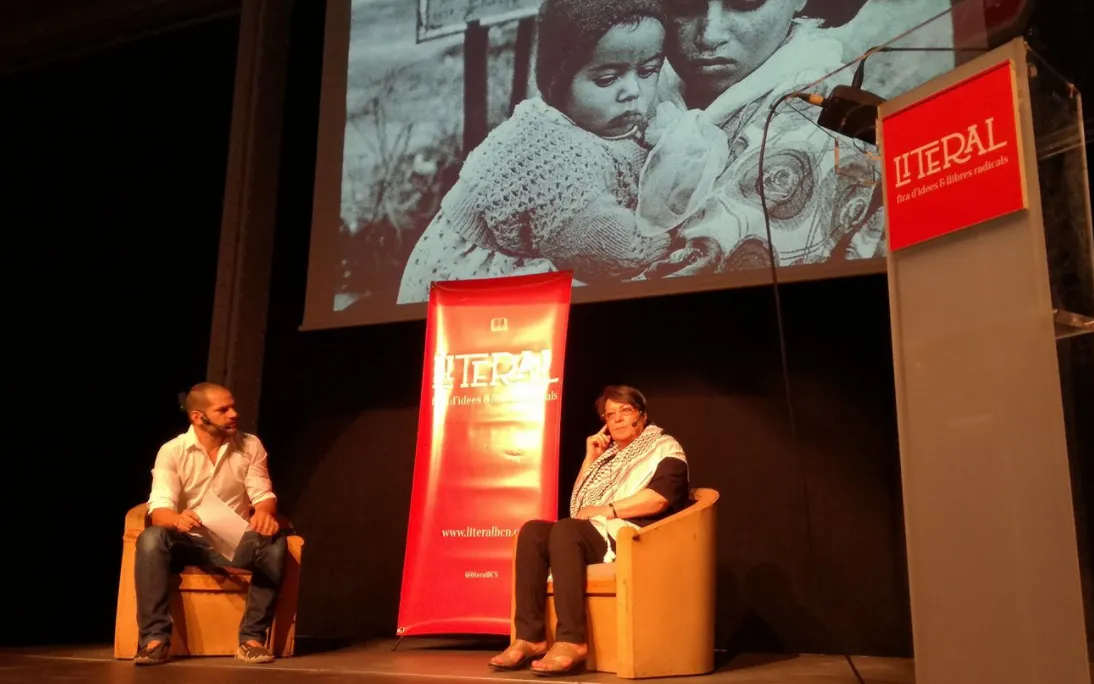
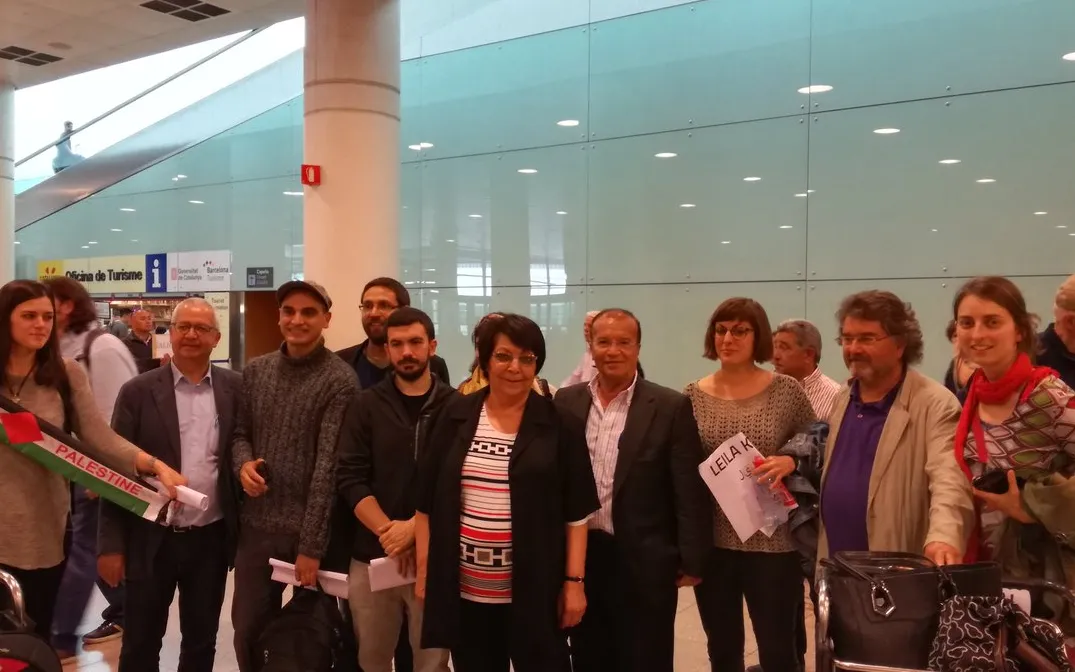
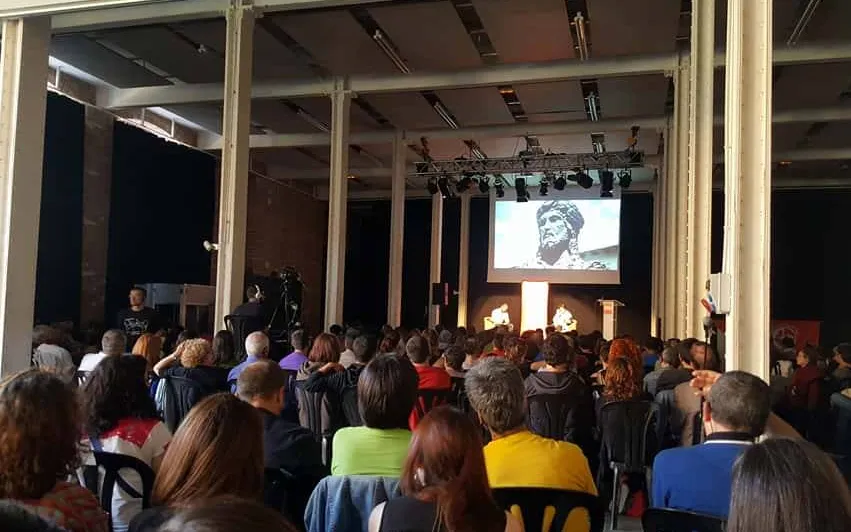
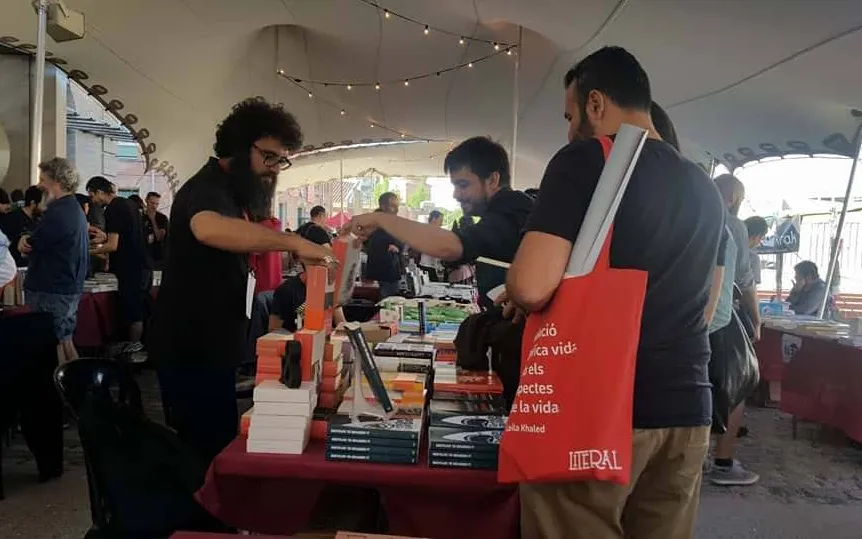
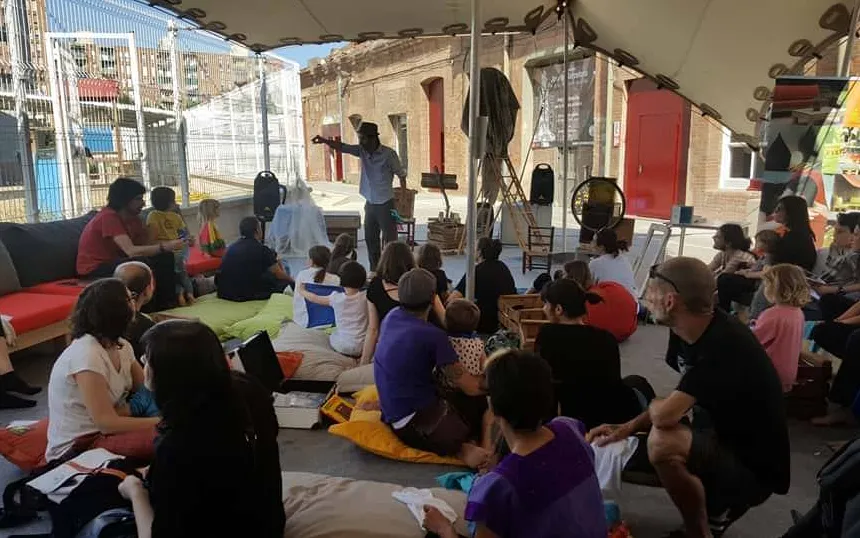




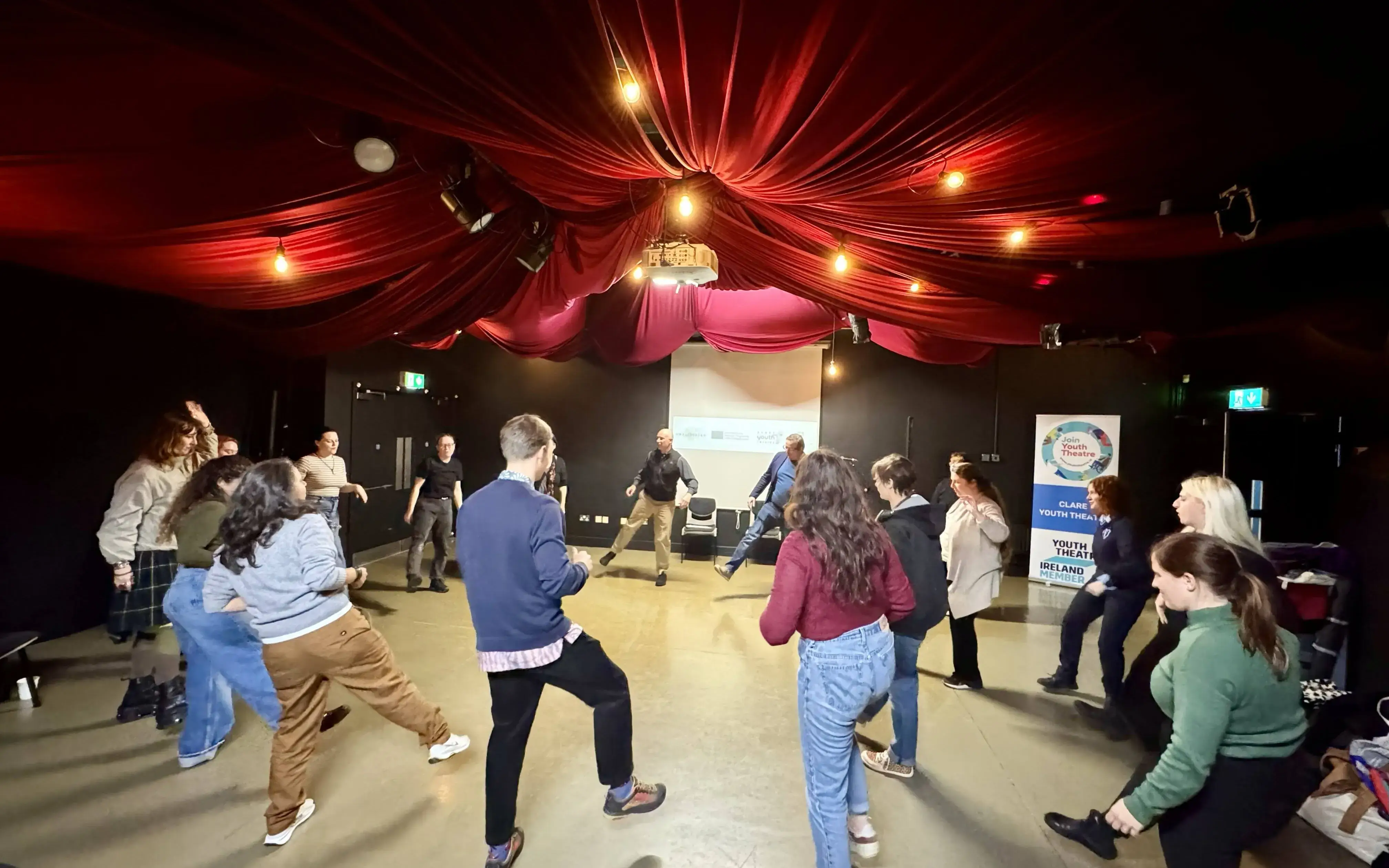
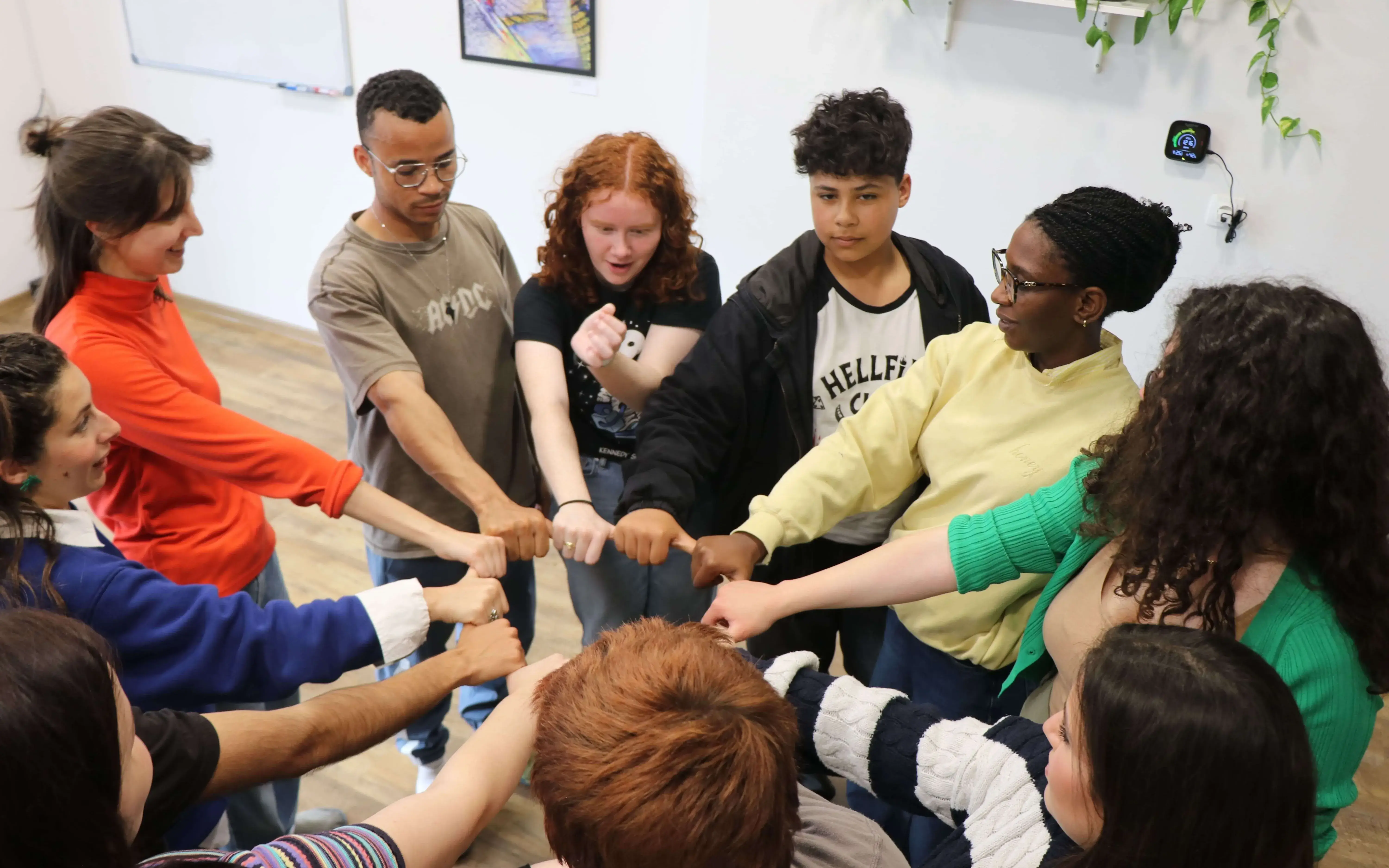
Add new comment